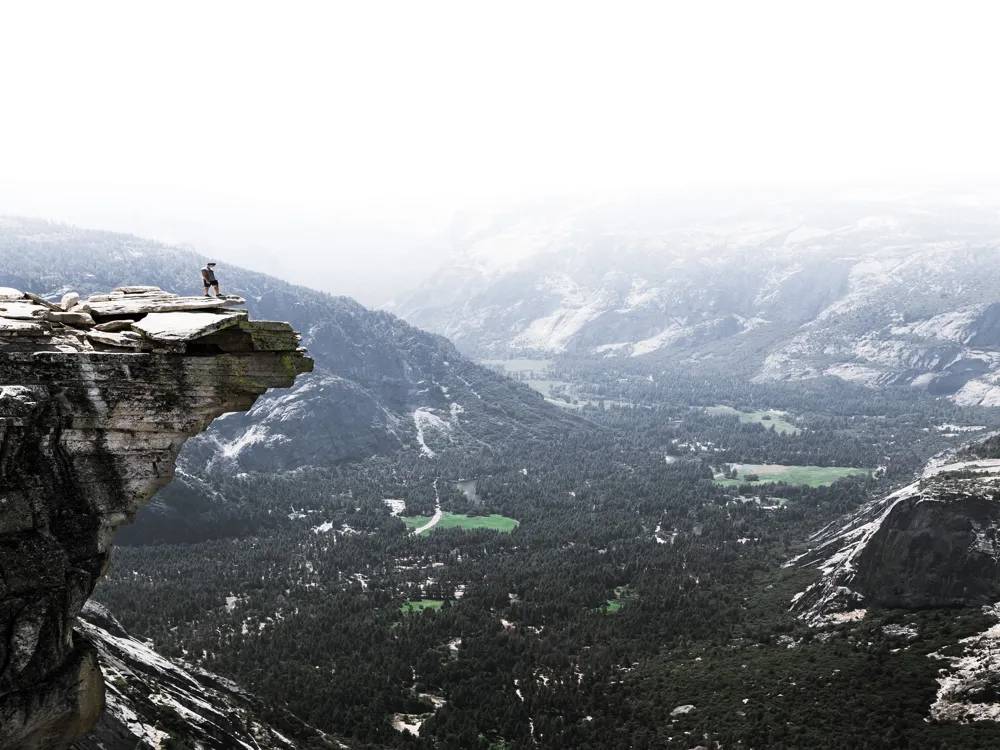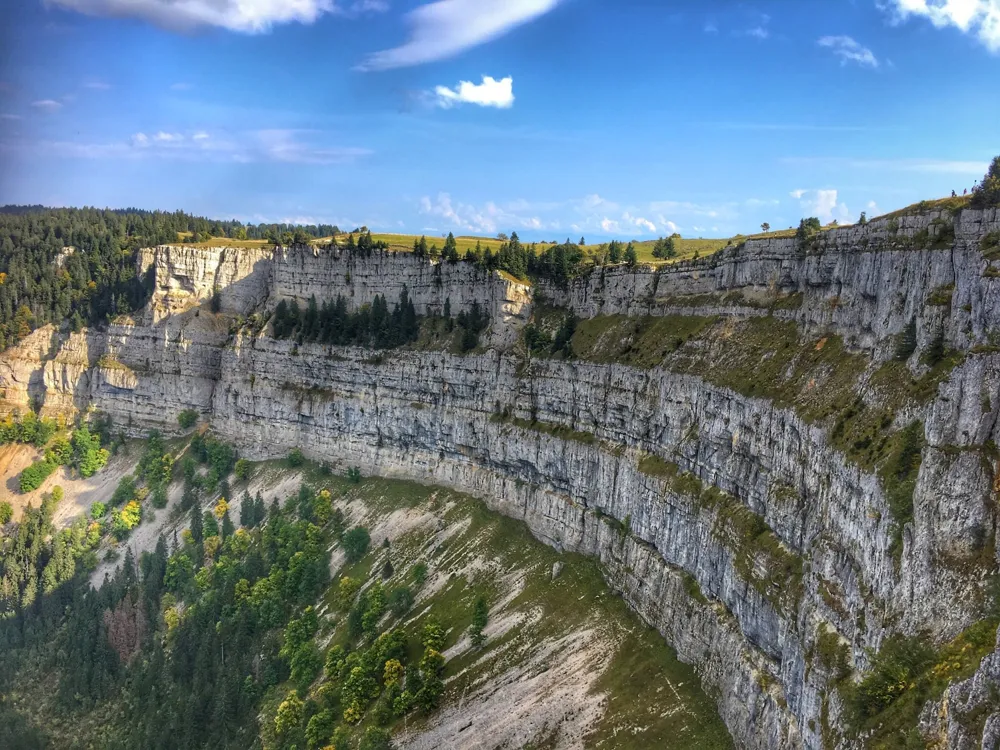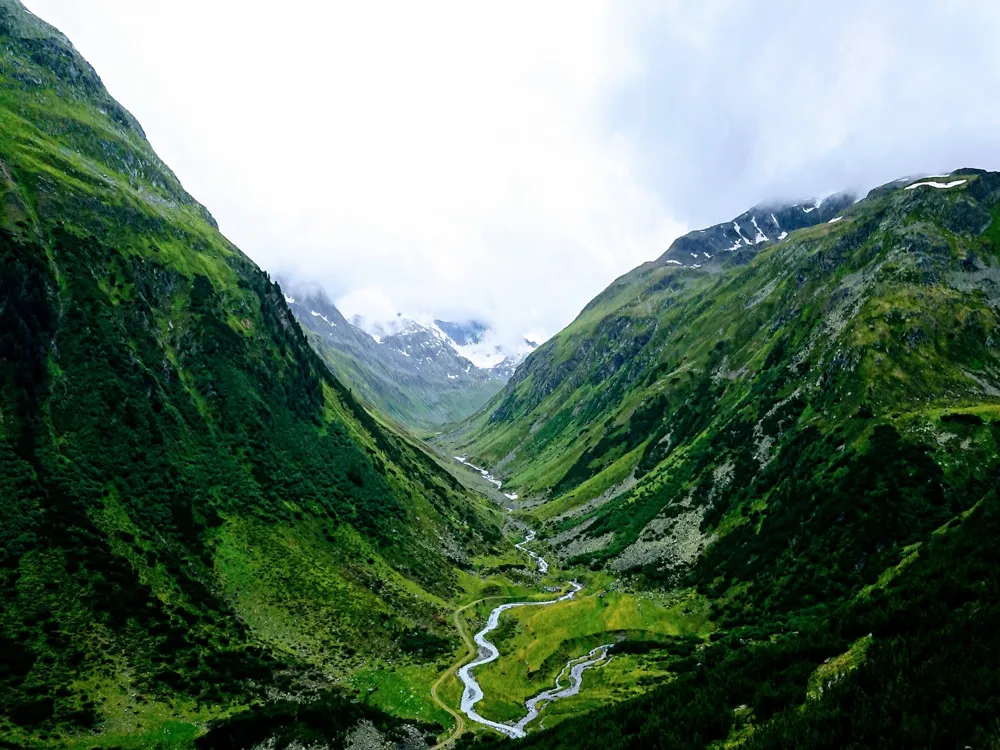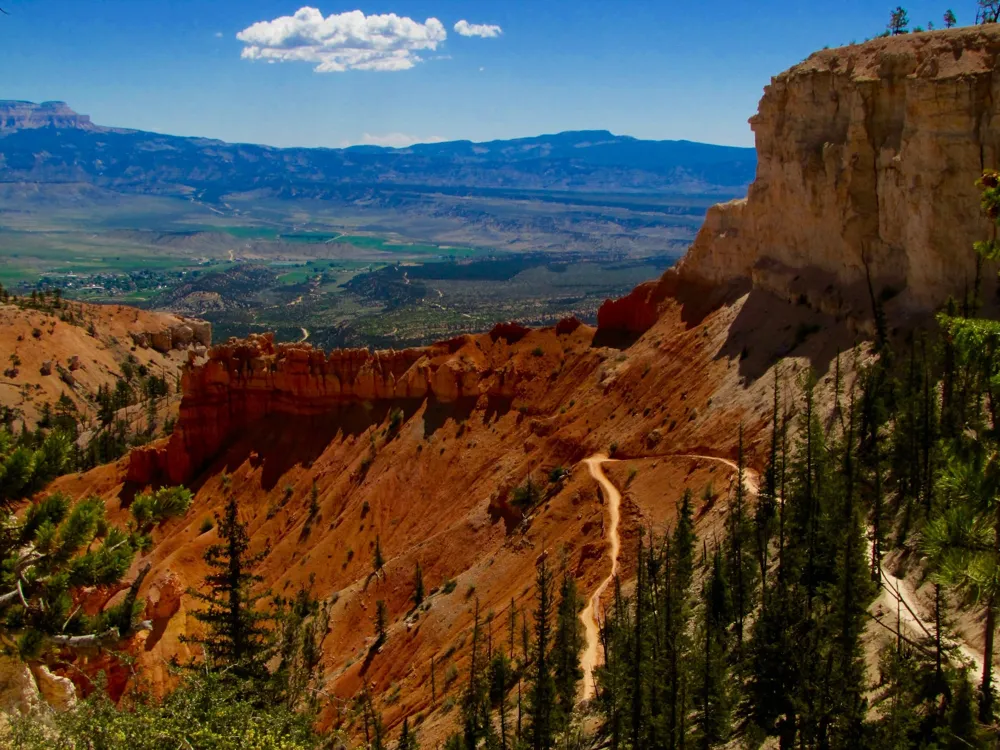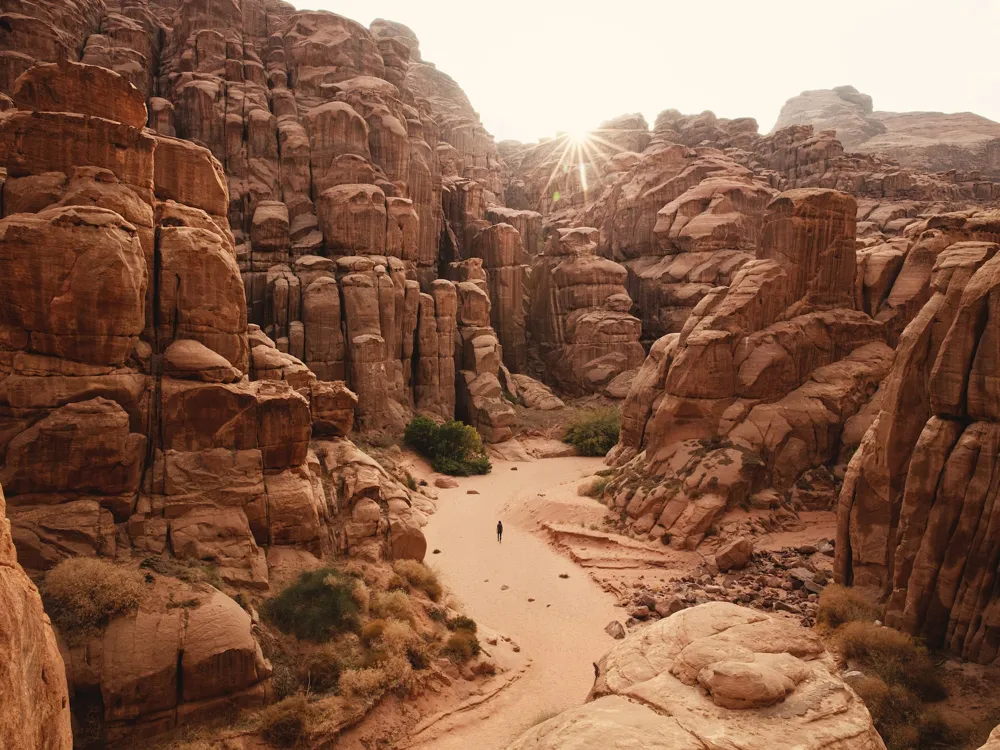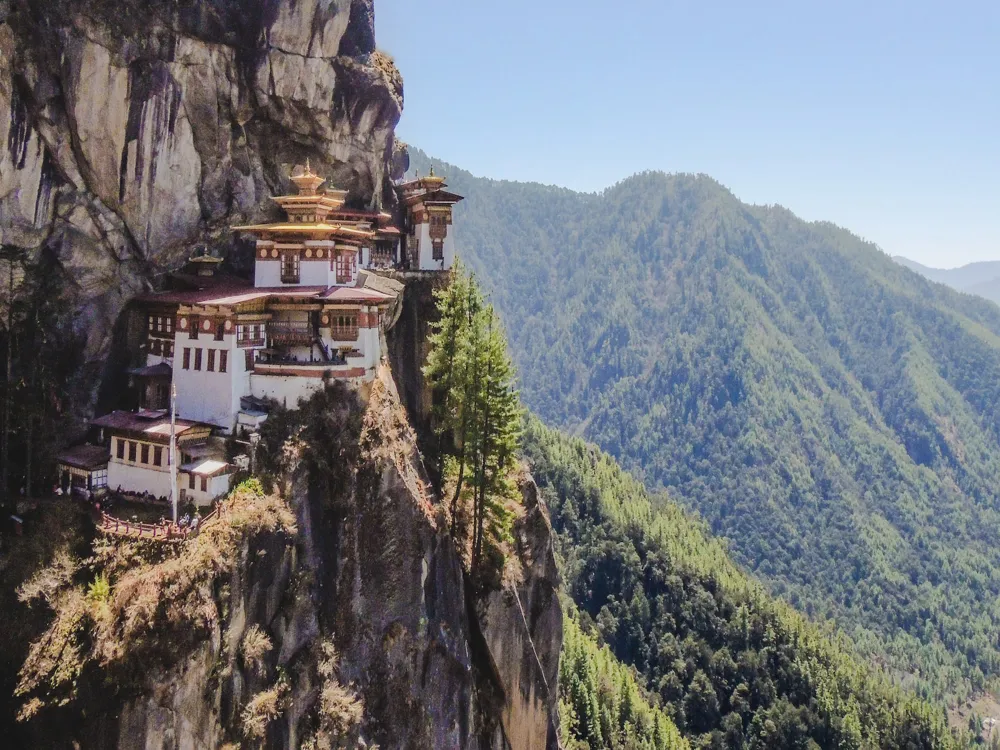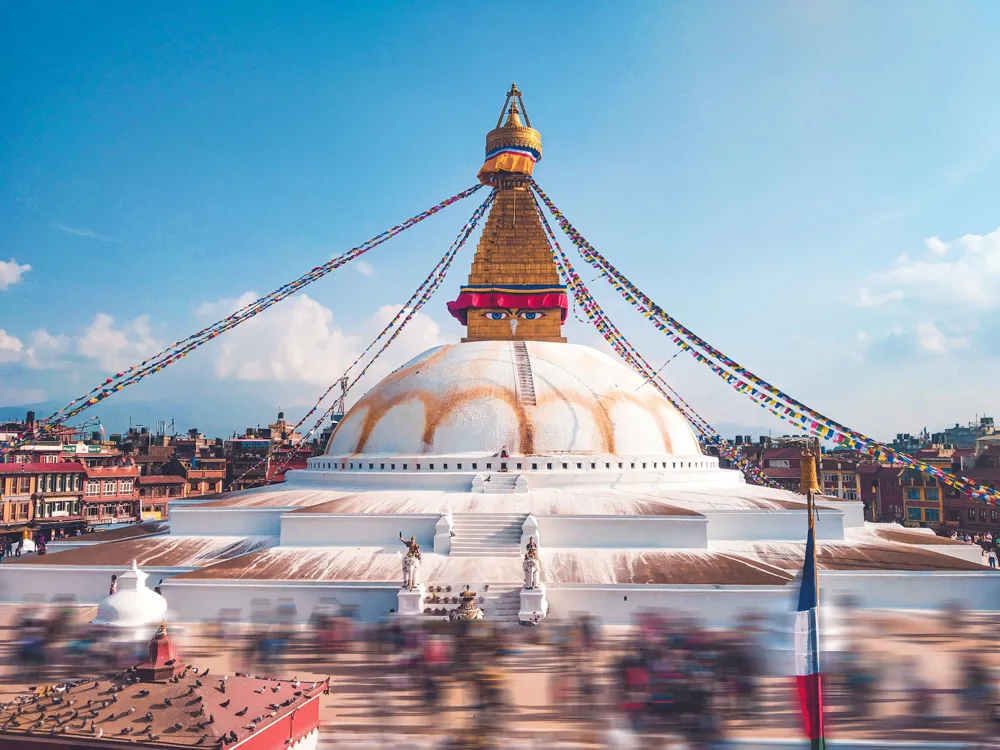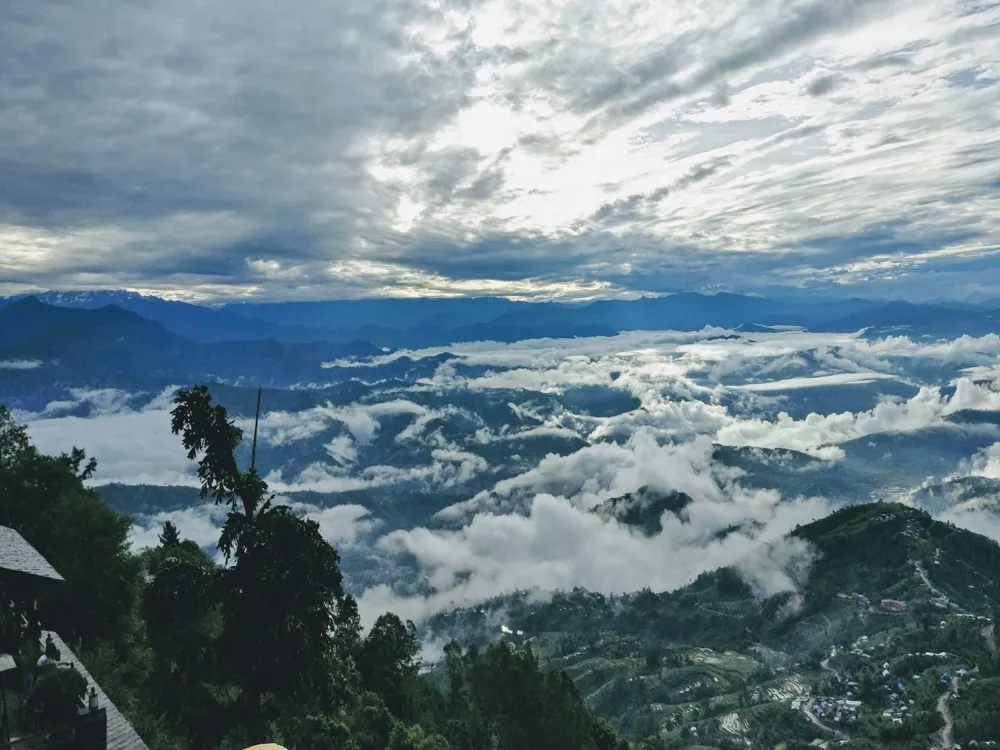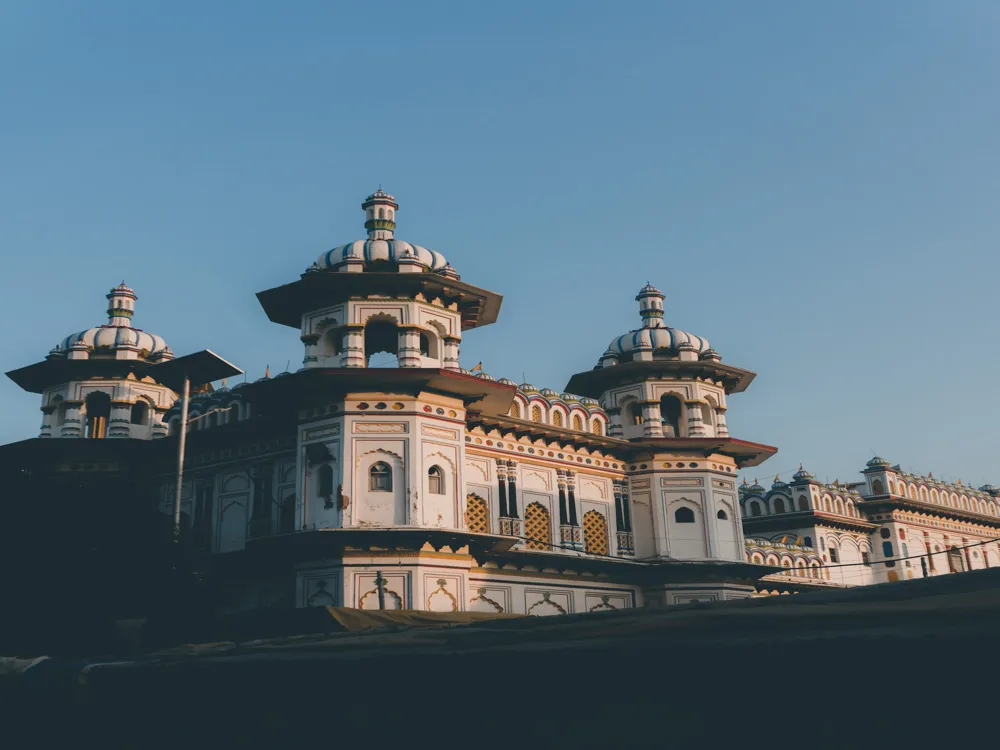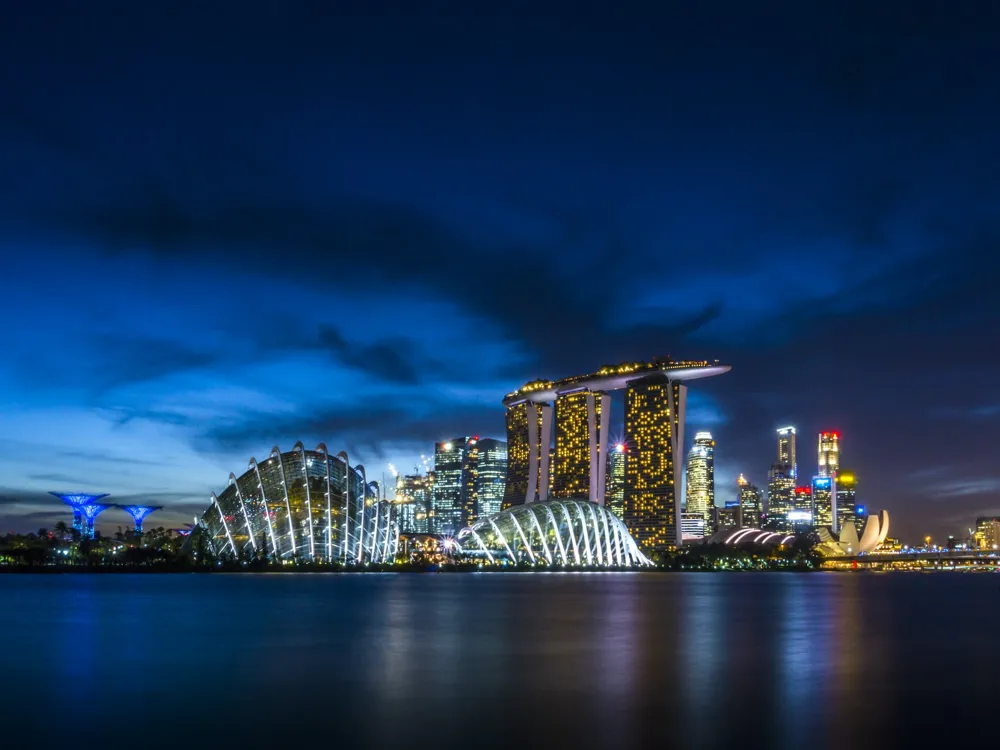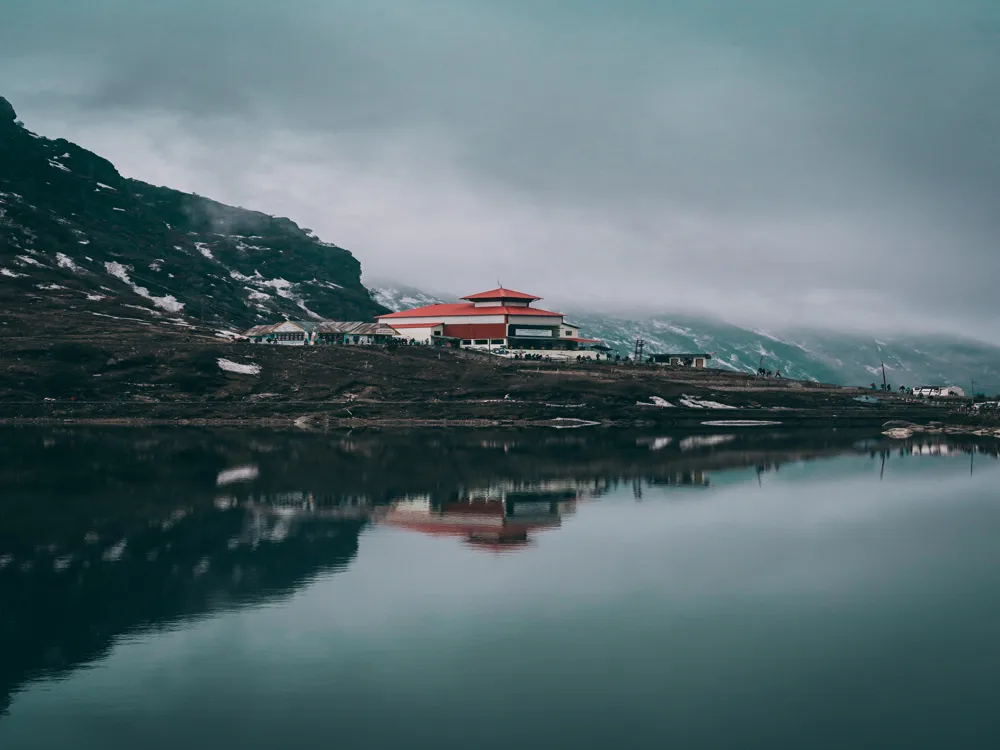Best Time to Visit Haa Valley
Bhutan
9 out of 14 Places to visit in BhutanNaN onwards View Packages
Get Customized PackagesThe Land of Diversity
Top Hotel Collections

Private Pool

Luxury Hotels

5-Star Hotels

Pet Friendly
What is the Best Time to Visit Haa Valley?
Nestled amidst the enchanting landscapes of Bhutan, Haa Valley beckons travelers year-round with its breathtaking beauty. Determining the best time to visit Haa Valley is crucial for an optimal experience, ensuring you witness the region's charm at its peak. From the vibrant hues of spring to the mystical allure of winter, each season in Haa Valley paints a unique picture.
More about Best Time to Travel to Haa Valley
Travel Peak Season in Haa Valley
The peak season in Haa Valley, spanning from April to June and September to November, is a symphony of blooming flowers and clear skies. During these months, the weather is mild, and the valley is adorned with a plethora of colors. This is the ideal time for nature enthusiasts and cultural aficionados to explore the vibrant festivals that grace the valley, immersing themselves in the rich Bhutanese heritage.
Travel Offseason in Haa Valley
The offseason in Haa Valley, from July to August, might witness occasional showers, but it unveils a different kind of charm. The landscape is lush and green, offering a tranquil escape for those seeking solitude. This is the time when the valley breathes, and the crisp mountain air rejuvenates the senses, making it a haven for introspective travelers.
Haa Valley Travel Packages
View All Packages For Haa Valley
Haa Valley in Shoulder Season
Shoulder seasons, spanning March and December, offer a delightful mix of elements from both peak and offseasons. The weather is moderate, and the landscape transitions gracefully. Travelers during these months can enjoy the best of both worlds, experiencing the valley in a more serene ambiance with fewer crowds.
Haa Valley in Hot Season
The hot season, from June to August, brings warm temperatures to the valley. While this period might not be ideal for everyone due to occasional rainfall, it presents a unique opportunity for nature lovers to witness the valley in its prime, as flora comes to life, creating a picturesque setting.
Haa Valley in Rainy Season
The rainy season, from July to August, showcases a different facet of Haa Valley. The rainfall adds a rhythmic cadence to the surroundings, creating an ethereal atmosphere. Despite occasional showers, this season unveils the valley's true splendor, with mist-covered peaks and vibrant landscapes.
Haa Valley in Cool Season
The cool season, spanning from December to February, blankets the valley in a serene calmness. Crisp winter air and occasional snowfall create a magical ambiance, ideal for those seeking a peaceful retreat. The monochrome landscapes during this period offer a unique and tranquil experience for travelers.
Places To Visit In Haa Valley
Nearby Places Haa Valley
Haa Valley Photos
View All Photos For Haa ValleyBrowse Package Collections
Browse Hotel Collections
Faq
1. When is the ideal time to visit Haa Valley?
The best time to visit Haa Valley is during the months of May to October when the weather is pleasant, and the valley is accessible. However, individual preferences may vary, so consider your interests before planning your trip.
2. What is the weather like in Haa Valley during the recommended months?
During this period, the weather is generally mild and conducive to outdoor activities. Daytime temperatures range from 15 to 25 degrees Celsius (59 to 77 degrees Fahrenheit), making it comfortable for sightseeing and trekking.
3. Are there any specific events or festivals during this time?
Yes, the Haa Summer Festival usually takes place in July, showcasing the unique culture, traditions, and cuisine of the region. It's a great opportunity to experience the local way of life.
4. Is Haa Valley accessible during the winter months?
Haa Valley is accessible during winter, but the weather can be harsh with heavy snowfall, making road travel challenging. If you enjoy snow and winter sports, visiting from December to March might be suitable, but be prepared for colder temperatures.
5. Are there any monsoon-related concerns during the recommended months?
The monsoon season in Bhutan is from June to August, and while Haa Valley is less affected compared to other regions, there may still be occasional rainfall. It's advisable to check the weather forecast and be prepared for some rain if traveling during these months.

